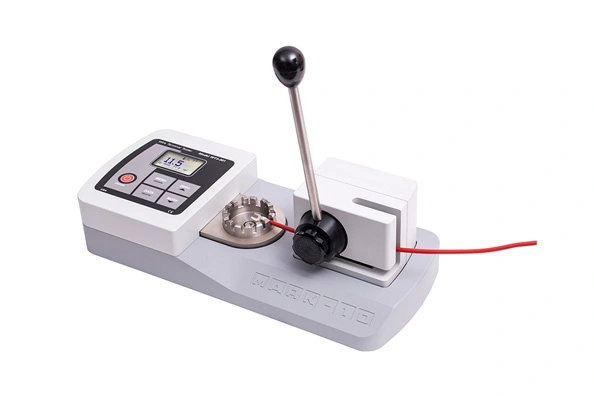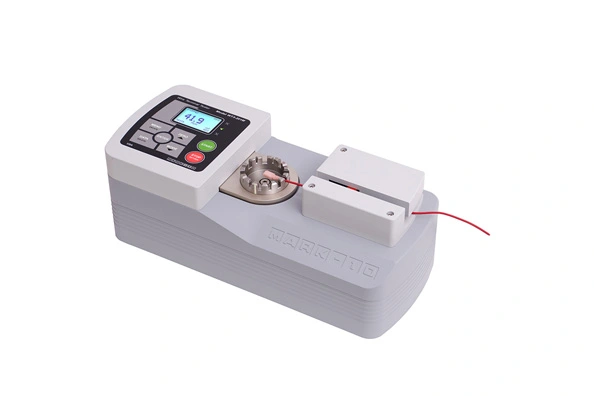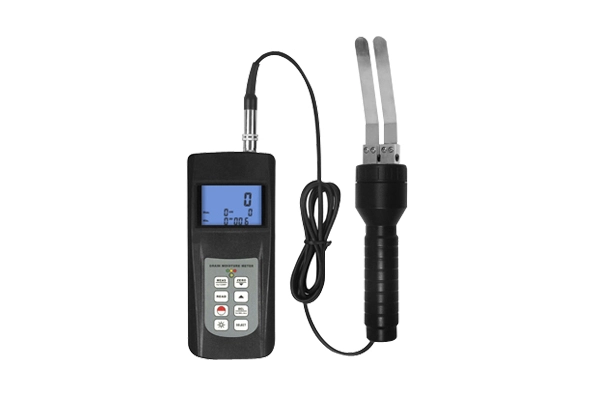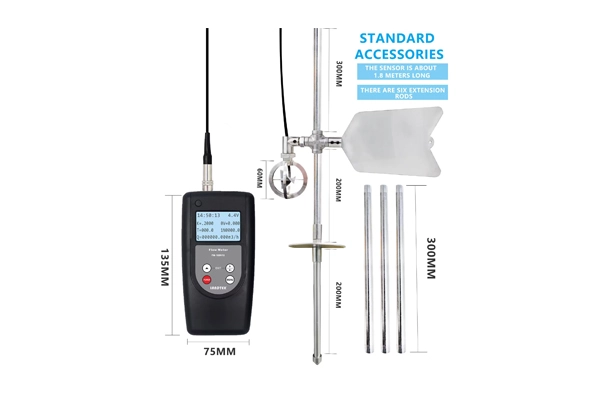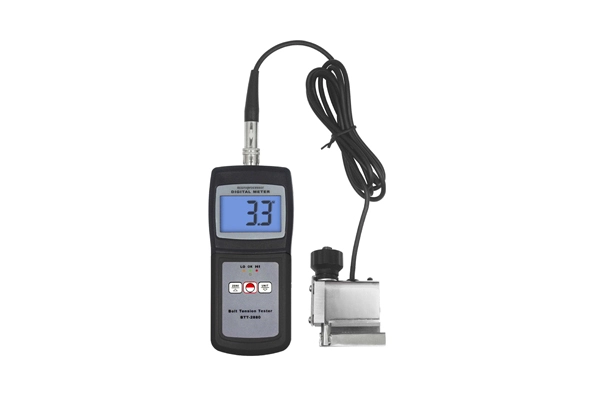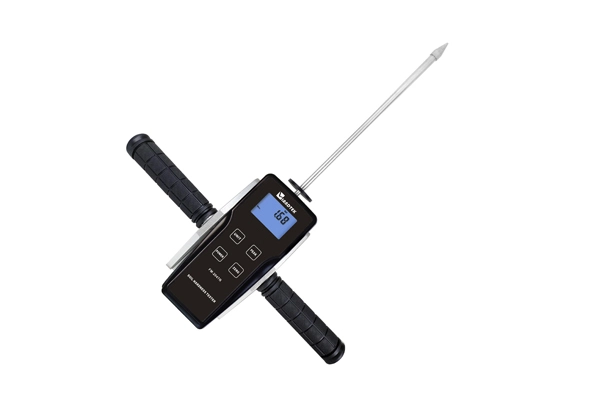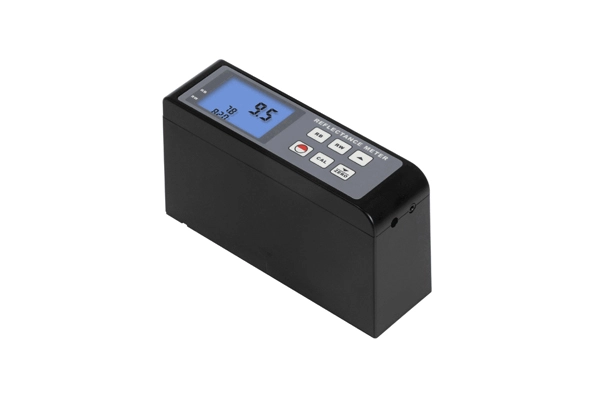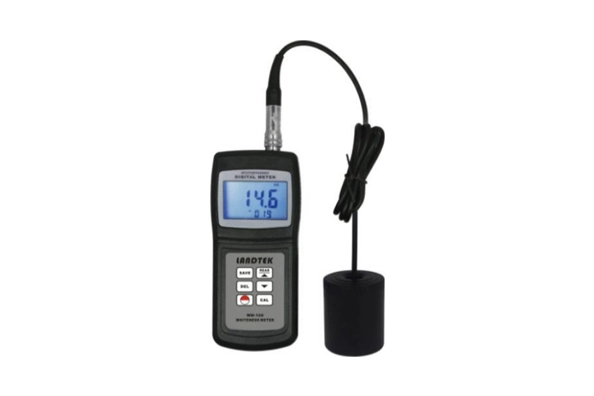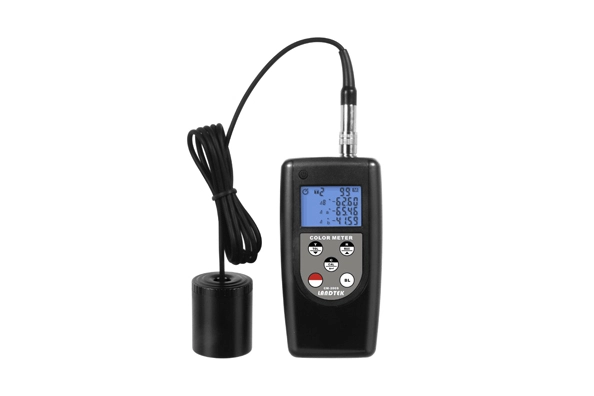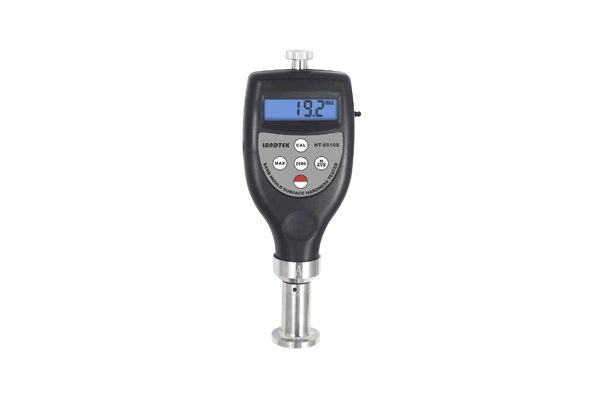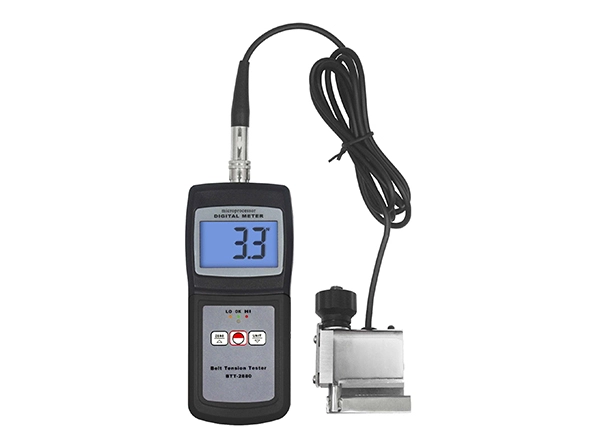One of the main advantages of portable meters is their ability to be easily carried and used in different locations. This makes them ideal for fieldwork or situations where measurements need to be taken in multiple areas. Portable meters are lightweight and compact, allowing for easy transportation and use in various environments.
-
Products
- Force Gauge
- Automatic Rockwell Hardness Tester
- Superficial Rockwell Hardness Tester
- Surface Roughness Tester
- Coating Thickness Gauge
- Ultrasonic Thickness Gauge
- Portable Leeb Hardness Tester
- Webster Hardness Tester
- Barcol Impressor Hardness Tester
- Shore Hardness Tester
- Flaw Detector
- HP Force Gauge Test Stand
- Fruit Hardness Tester
- Digital Torque Meter
- Brinell Hardness Tester
- Vibration Tester
- CO2 Meter
- Portable Meters
- Blocks and Spare parts
- Test Types
- Application
- Company
- Services
- Contact Us
- Request A Quote

 français
français Español
Español русский
русский العربية
العربية português
português
